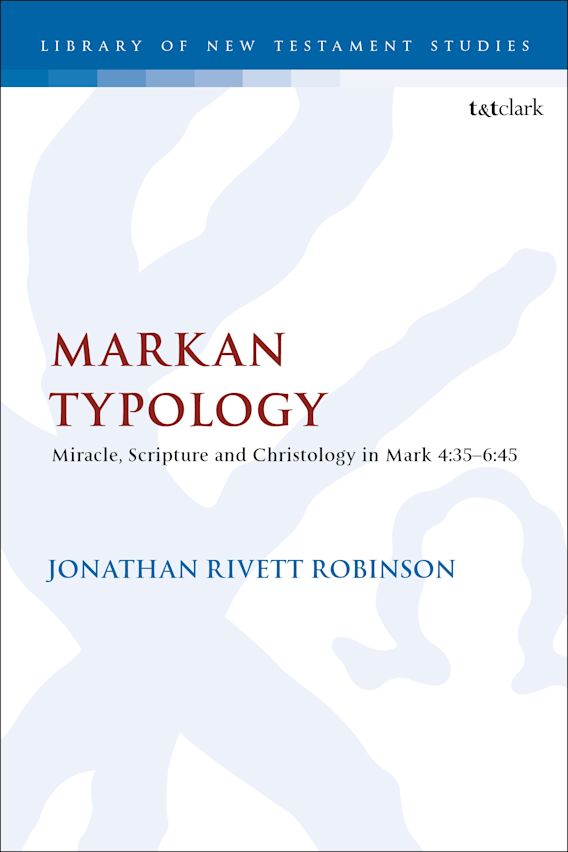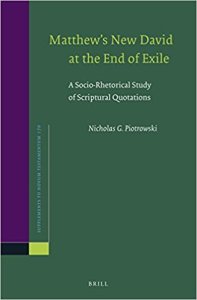2024.04.03 | Mark S. Giacobbe. Luke the Chronicler: The Narrative Arc of Samuel-Kings and Chronicles in Luke-Acts. Bible Interpretation Series 211. Brill, 2023. 289 pp. $144.00.
Review by Ched Spellman, Cedarville University.
In the opening of the Gospel of Luke, the author includes a prologue that overviews his purpose in writing this “orderly narrative” and identifies elements of his method (Luke 1:1–4). Beyond these orienting authorial comments, is it possible to detect any specific textual template that Luke might have made use of as he structured his narration and interpretation of the story of Jesus and the early church?
Read the rest of this entry »







